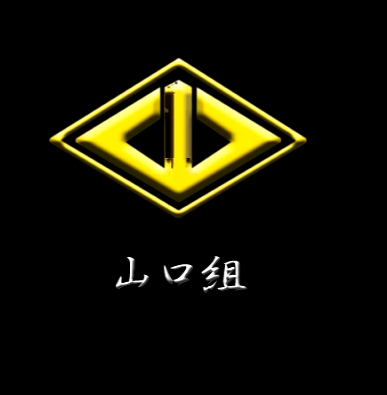by Justin McCurry (from THE GUARDIAN)

Japan’s most powerful gangsters are mugging up on legal terminology in an attempt to skirt strict new laws that make them liable for crimes committed by their henchmen.
The country’s top three crime syndicates are believed to have hired former prosecutors to teach them the finer points of the law, which was introduced after the assassination of the mayor of Nagasaki, Iccho Ito, by a gangster last April.
Media reports said the legal change has unsettled senior members of the Yamaguchi-gumi, Japan’s biggest underworld organisation, who could now be sued or imprisoned for a range of crimes committed by their underlings, from embezzlement to refusing to pay for a hamburger.
Two other major gangs, the Inagawa-kai and Sumiyoshi-kai, have also summoned experts to explain the law and identify loopholes, the Asahi Shimbun newspaper said.
The Yamaguchi-gumi, whose 40,000 members make up about half Japan’s entire gangster population, has reportedly ordered its operatives “not to cause problems for members of the main clan through illegal activities”.
The Asahi said police officials had obtained documents distributed at the study meetings that could have only been drawn up by lawyers.
The new law claimed an early success in August when a gangster from a Yamaguchi-gumi affiliate was arrested for refusing to pay the bill at a hamburger restaurant in Kyoto. He only agreed to pay after the restaurant’s owner, aware of the legal changes, threatened to charge his boss for the meal.
Most top gangsters are also afraid of being sued by the victims of crimes committed by their juniors. “This fear has made them go quiet recently, as they know they can be sued for damages,” a source close to the yakuza told the Guardian.
Legal experts are reportedly being paid generous fees for talking yakuza leaders through the law and identifying loopholes, which include producing retroactive letters of expulsion to prove that a suspect was no longer a member of a gang at the time he allegedly committed a crime.
Lawyers are said to be coaching gangsters on how to conduct themselves during police questioning so as to avoid arrest.
The legal revisions are also designed to end the practice of rewarding members of the yakuza after they have served their prison sentences.
Compensation for jail time will probably now be paid in cash rather than by bank transfer. In addition, stricter penalties for gun ownership are expected to herald the reappearance of hitmen armed with razor-sharp katana swords rather than pistols.
Public tolerance of underworld crimes has waned following a series of lethal shootings, some of which have involved non-yakuza victims. A month after Ito’s assassination, a former gangster wounded his son and daughter and shot dead a policeman before taking his own wife hostage at their home in Nagoya.
This summer, residents of Kurume in western Japan sought court help to evict a yakuza gang from a local apartment block, saying the ever-present threat of violence infringed on their constitutional right to live in peace.
“The cozy relationship between the police and the yakuza is coming to an end,” the source said. “No one really cared when they whacked each other, but when they started to kill civilians, people decided they’d had enough.”
The wankers (Japanese police and wanker gangsters) still work together….
good article.